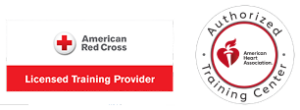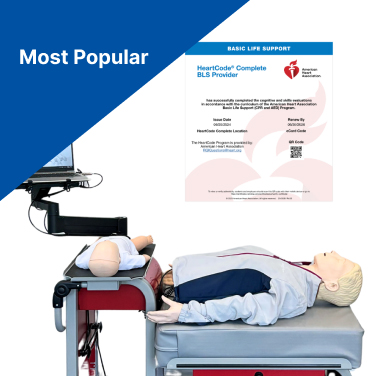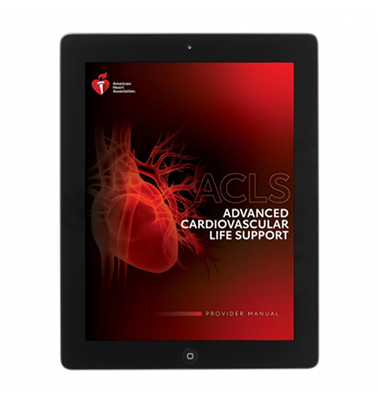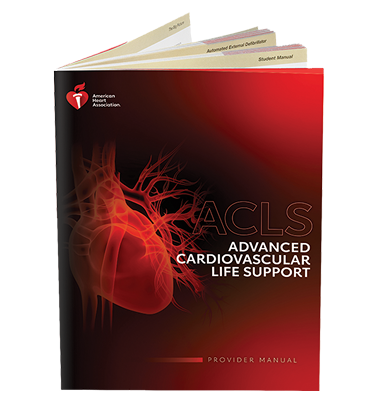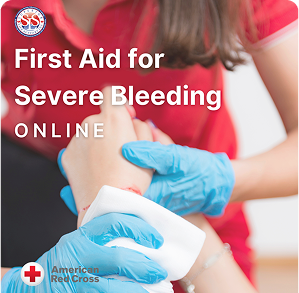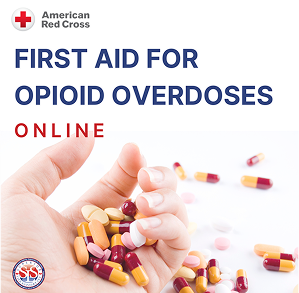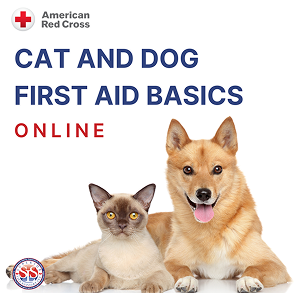ACLS Course Details
Advanced Cardiovascular Life Support (ACLS) Courses
Both the AHA and Red Cross ACLS and ALS courses train participants on the importance of team dynamics and communication, systems of care and immediate post-cardiac-arrest care. It also covers airway management and related pharmacology. Reflects current resuscitation guidelines.
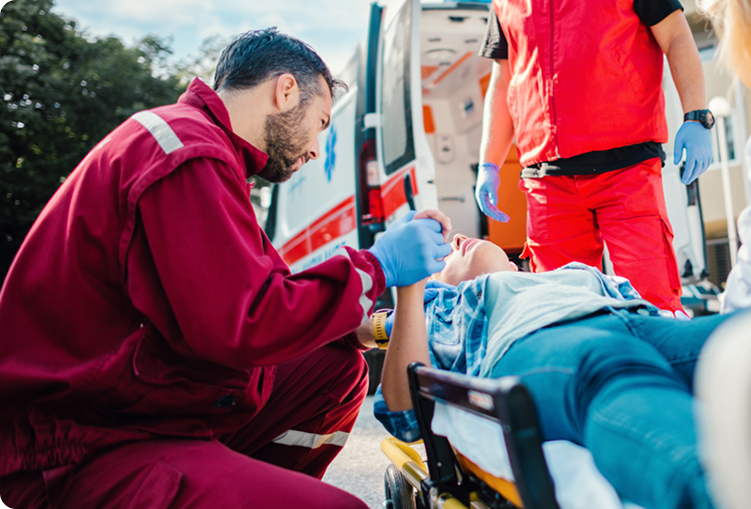
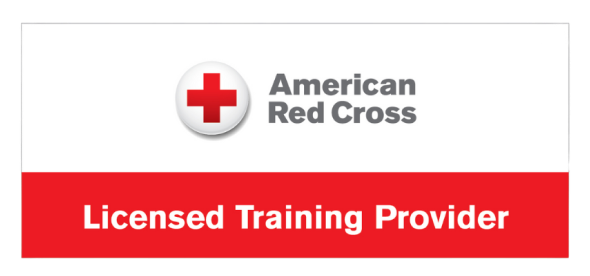
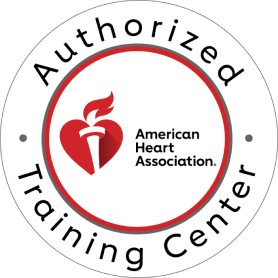
Advanced Cardiovascular Life Support (ACLS) Course Options
ACLS Online + Skills with Station
The ACLS course is designed for healthcare professionals who either direct or participate in the management of cardiopulmonary arrest or other cardiovascular emergencies and for personnel in emergency response.

4-6 Hours

Online + Simulation Mannikin

2-Year AHA Certification
$249
ACLS Blended
The ACLS course is designed for healthcare professionals who either direct or participate in the management of cardiopulmonary arrest or other cardiovascular emergencies and for personnel in emergency response.

4-6 Hours

Online + In Person Skills

2-Year AHA Certification
$239
ACLS Classroom
The ACLS course is designed for healthcare professionals who either direct or participate in the management of cardiopulmonary arrest or other cardiovascular emergencies and for personnel in emergency response.

10-12 Hours

Instructor Led

2-Year AHA Certification
$159
ACLS Course Options
Choose from one of three of our convenient learning formats
Course Fee: $159
Course Content
- Define systems of care
- Apply the BLS, Primary, and Secondary Assessments sequence for a systematic evaluation of adult patients
- Discuss how the use of a rapid response team (RRT) or medical emergency team (MET) may improve patient outcomes
- Discuss early recognition and management of Acute Coronary Syndrome (ACS) and stroke, including appropriate disposition
- Recognize bradycardias and tachycardias that may result in cardiac arrest or complicate resuscitation outcome
- Perform early management of bradycardias and tachycardias that may result in cardiac arrest or complicate resuscitation outcome
- Model effective communication as a member or leader of a high-performance team
- Recognize the impact of team dynamics on overall team performance
- Recognize respiratory arrest
- Perform early management of respiratory arrest
- Recognize cardiac arrest
- Perform prompt, high-quality BLS including prioritizing early chest compressions and integrating early automated external defibrillator (AED) use
- Perform early management of cardiac arrest until termination of resuscitation or transfer of care, including immediate post–cardiac arrest care
- Evaluate resuscitative efforts during a cardiac arrest through continuous assessment of CPR quality, monitoring the patient’s physiologic response, and delivering real-time feedback to the team
Course Fee: $239
Course Content
- Define systems of care
- Apply the BLS, Primary, and Secondary Assessments sequence for a systematic evaluation of adult patients
- Discuss how the use of a rapid response team (RRT) or medical emergency team (MET) may improve patient outcomes
- Discuss early recognition and management of Acute Coronary Syndrome (ACS) and stroke, including appropriate disposition
- Recognize bradycardias and tachycardias that may result in cardiac arrest or complicate resuscitation outcome
- Perform early management of bradycardias and tachycardias that may result in cardiac arrest or complicate resuscitation outcome
- Model effective communication as a member or leader of a high-performance team
- Recognize the impact of team dynamics on overall team performance
- Recognize respiratory arrest
- Perform early management of respiratory arrest
- Recognize cardiac arrest
- Perform prompt, high-quality BLS including prioritizing early chest compressions and integrating early automated external defibrillator (AED) use
- Perform early management of cardiac arrest until termination of resuscitation or transfer of care, including immediate post–cardiac arrest care
- Evaluate resuscitative efforts during a cardiac arrest through continuous assessment of CPR quality, monitoring the patient’s physiologic response, and delivering real-time feedback to the team
Course Fee: $249
Course Content
- Define systems of care
- Apply the BLS, Primary, and Secondary Assessments sequence for a systematic evaluation of adult patients
- Discuss how the use of a rapid response team (RRT) or medical emergency team (MET) may improve patient outcomes
- Discuss early recognition and management of Acute Coronary Syndrome (ACS) and stroke, including appropriate disposition
- Recognize bradycardias and tachycardias that may result in cardiac arrest or complicate resuscitation outcome
- Perform early management of bradycardias and tachycardias that may result in cardiac arrest or complicate resuscitation outcome
- Model effective communication as a member or leader of a high-performance team
- Recognize the impact of team dynamics on overall team performance
- Recognize respiratory arrest
- Perform early management of respiratory arrest
- Recognize cardiac arrest
- Perform prompt, high-quality BLS including prioritizing early chest compressions and integrating early automated external defibrillator (AED) use
- Perform early management of cardiac arrest until termination of resuscitation or transfer of care, including immediate post–cardiac arrest care
- Evaluate resuscitative efforts during a cardiac arrest through continuous assessment of CPR quality, monitoring the patient’s physiologic response, and delivering real-time feedback to the team
Course Locations

Superior Life Support HQ
25261 Avenue Tibbitts, Santa Clarita, CA 91355

(661) 607-0344

contact@superiorlifesupport.com

Superior Life Support HQ
25261 Avenue Tibbitts, Santa Clarita, CA 91355

(661) 607-0344

contact@superiorlifesupport.com

Superior Life Support HQ
25261 Avenue Tibbitts, Santa Clarita, CA 91355

(661) 607-0344

contact@superiorlifesupport.com

Related Courses
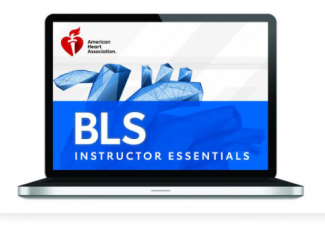
BLS Instructor Essentials Course
Instructor candidates who want to learn the steps of becoming an AHA Instructor.

Blended Learning

CE credit
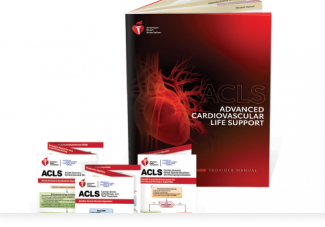
Advanced Cardiovascular Life Support (ACLS) Course
Healthcare Professionals who direct or participate in cardiovascular events.

3 Learning Formats

CE credit
Starting at
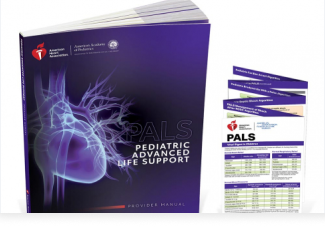
Pediatric Advanced Life Support (PALS) Course

3 Learning Formats

CE credit
Need to renew your existing certification?


